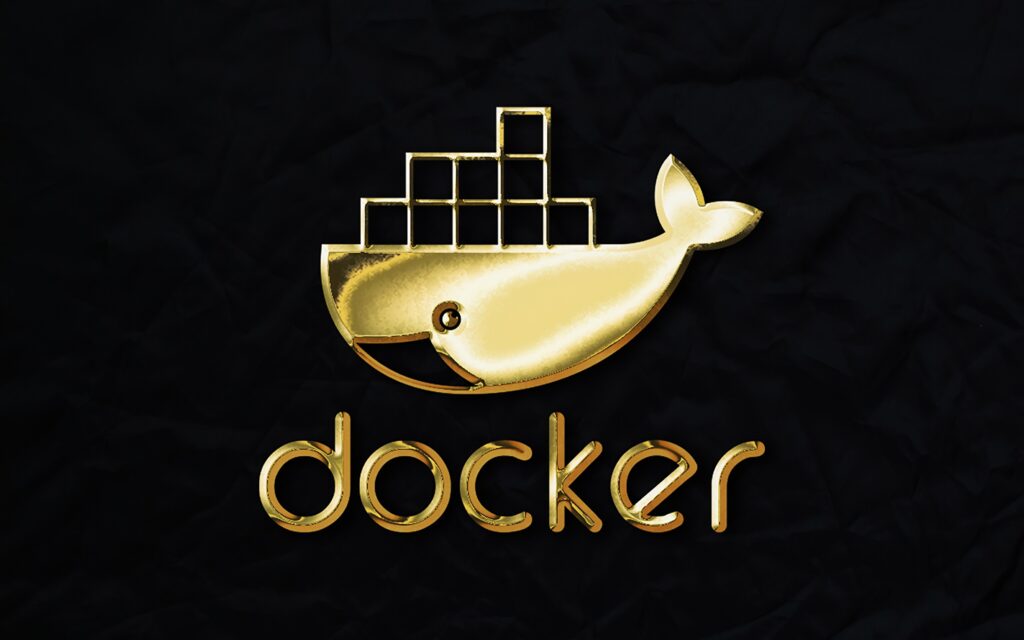Introduction
In the realm of containerization and orchestration, Docker and Kubernetes have emerged as leading tools. Docker revolutionized the way applications are packaged and deployed, while Kubernetes introduced advanced container orchestration capabilities. In this blog post, we will delve into the comparison between Docker and Kubernetes across multiple criteria, including purpose and use case, supported platforms, ease of use, scalability, and extensibility. Understanding the strengths and considerations of each tool is crucial for making informed decisions when modernizing your data platforms.
Purpose and Use Case
- Docker: Containerization of applications and their dependencies for consistent and reproducible deployments.
- Kubernetes: Orchestration of containerized applications at scale, managing container lifecycles, and enabling automated scaling and resilience.
Supported Platforms and Integration with the Data Ecosystem
- Docker: Supports various operating systems and can run containers on Windows, macOS, and Linux. Integrates well with a wide range of tools and platforms, including data engineering frameworks like Apache Spark and Apache Kafka.
- Kubernetes: Runs on Linux-based systems and can manage containers across multiple nodes in a cluster. Integrates seamlessly with cloud providers, such as AWS, Azure, and Google Cloud, and supports integration with data ecosystem components like databases and message queues.
Ease of Use and Learning
- Docker: Offers a straightforward and user-friendly interface, making it relatively easy to learn and use. Its declarative approach simplifies container creation and management, with a focus on simplicity and portability.
- Kubernetes: Involves a steeper learning curve due to its complex architecture and advanced features. However, it provides powerful abstractions and configuration options for managing containerized applications, making it more suitable for larger-scale deployments and robust orchestration.
Scalability and Extensibility
- Docker: Provides excellent scalability at the application level, allowing multiple containers to be run on a single host. However, managing containerized applications at a large scale may require additional tools and frameworks for coordination.
- Kubernetes: Designed with scalability in mind, it can handle large-scale deployments and efficiently manage thousands of containers across multiple nodes. Kubernetes’ extensibility is demonstrated through its rich ecosystem of plugins, custom resources, and operators, enabling advanced customization and integration with various systems.
Using Docker and Kubernetes Together
Docker and Kubernetes can complement each other in a modern data platform. Docker is well-suited for packaging applications into containers, ensuring consistency across different environments. Kubernetes, on the other hand, excels in managing and orchestrating containerized applications at scale, providing features like automated scaling, load balancing, and self-healing. By combining Docker for containerization and Kubernetes for orchestration, organizations can achieve a powerful and flexible infrastructure that simplifies application deployment and management.
Conclusion
In summary, Docker and Kubernetes are essential tools for modernizing data platforms. Docker streamlines application containerization, while Kubernetes enables efficient orchestration and management of containerized applications at scale. The choice between the two depends on factors such as your specific use case, the scale of deployment, and the level of control required. However, leveraging both tools together can provide a comprehensive solution for building resilient and scalable data platforms.
At Anant, we specialize in helping companies modernize and maintain their data platforms. With our expertise in Cassandra consulting and professional services, we have a broad knowledge of the data engineering space. Whether you’re considering Docker, Kubernetes, or both, we can assist you in harnessing the power of containerization and orchestration to drive the success of your data initiatives. Contact us today to explore how we can empower your organization and solve the biggest data challenges you face.
Photo by Rubaitul Azad on Unsplash



